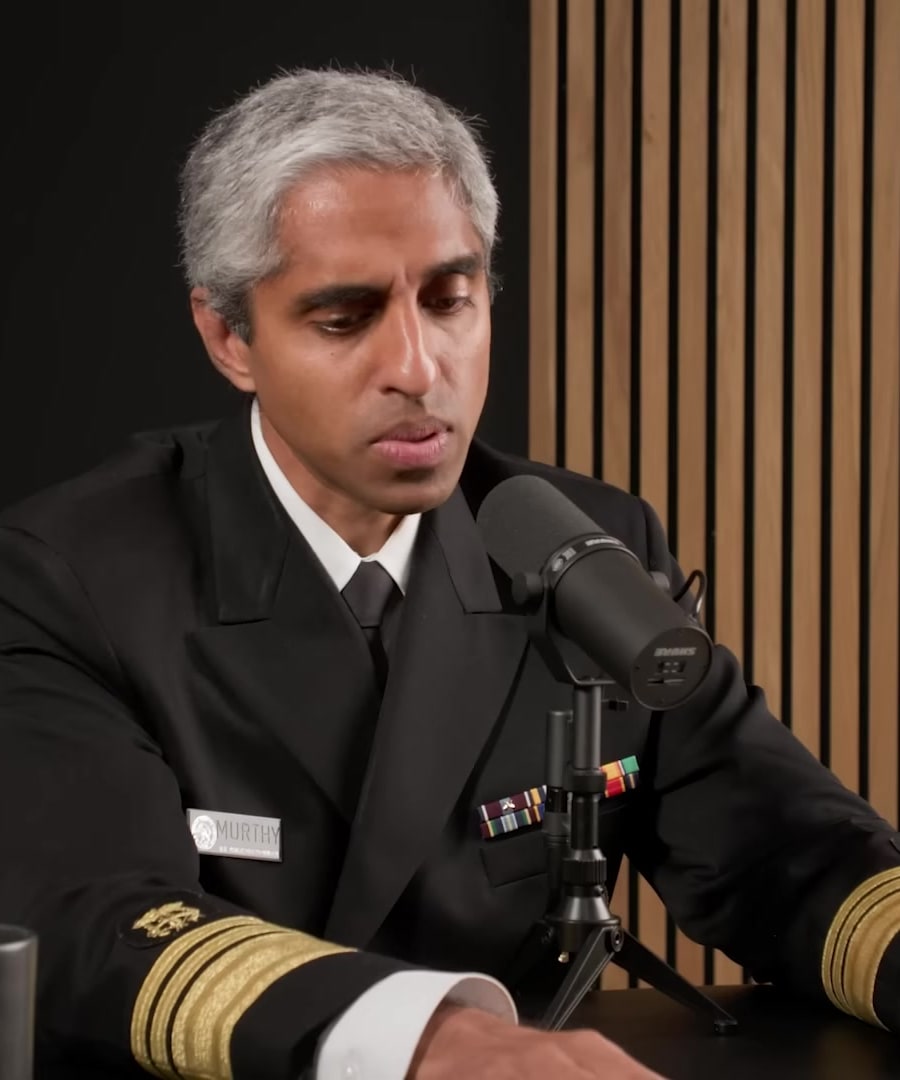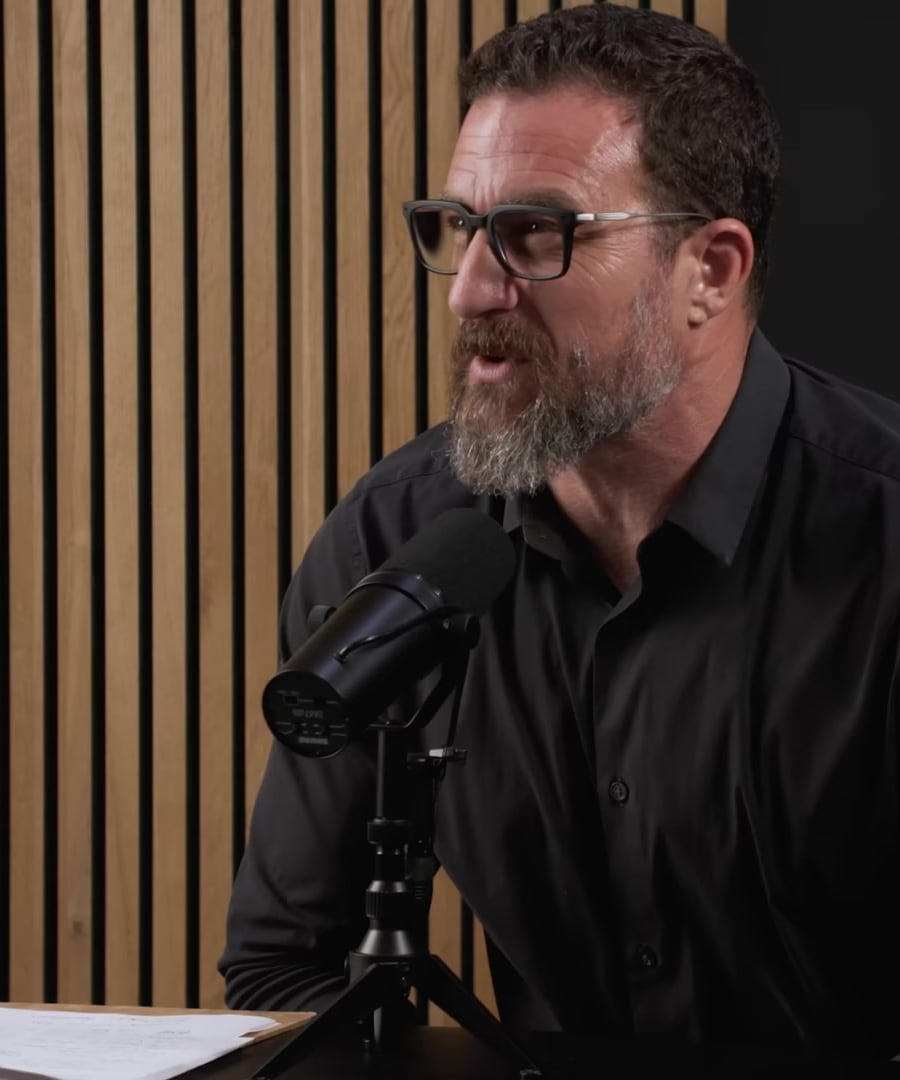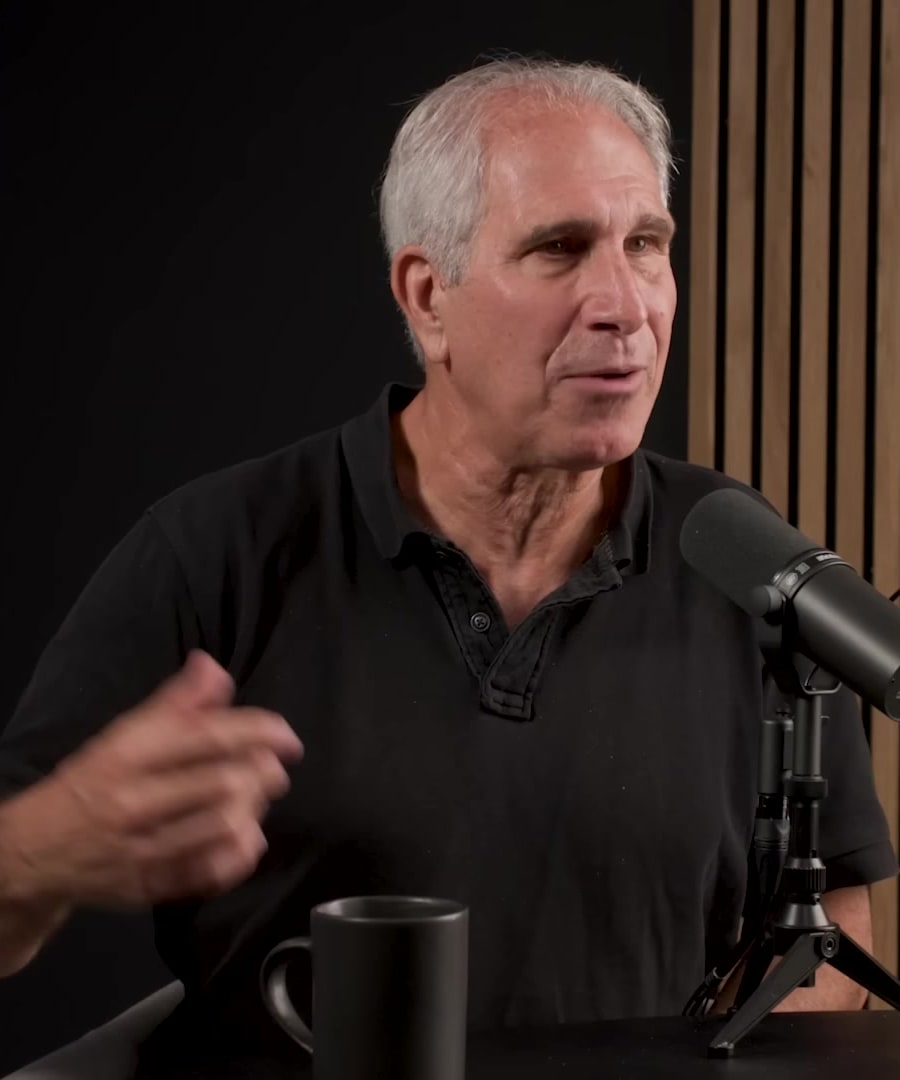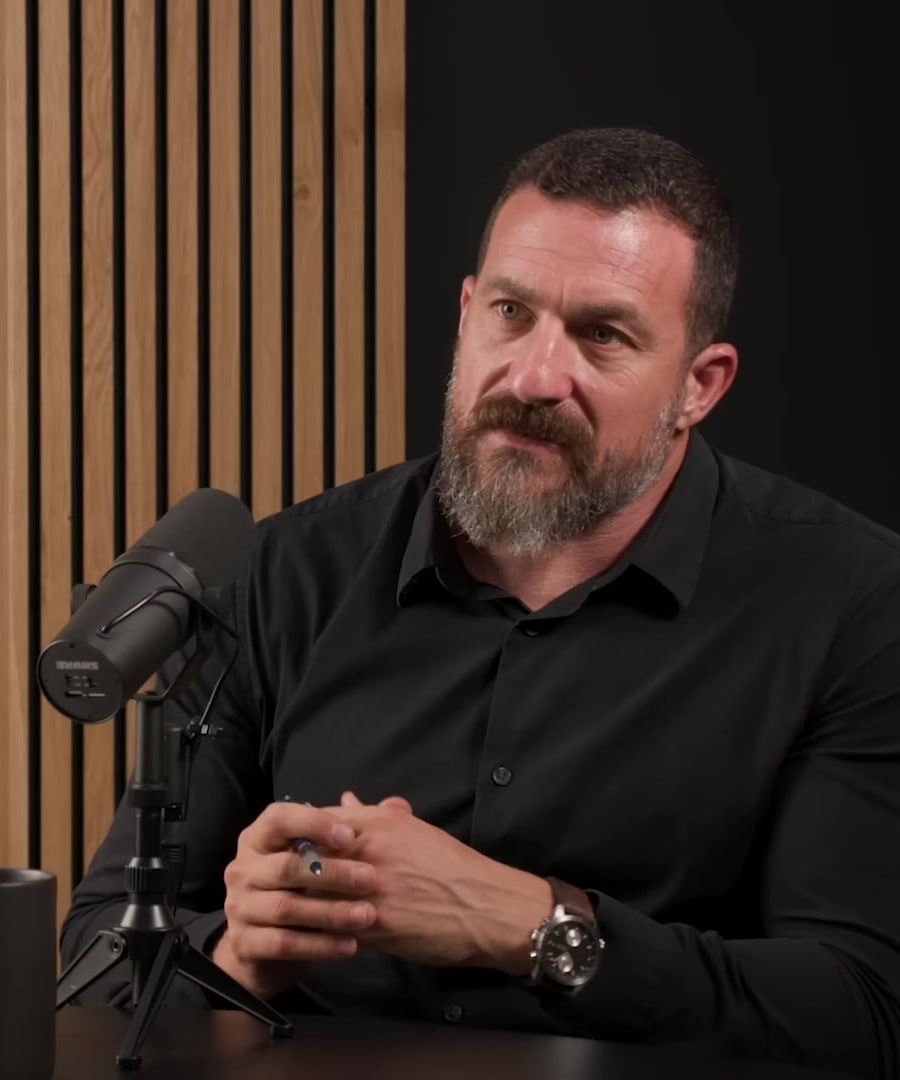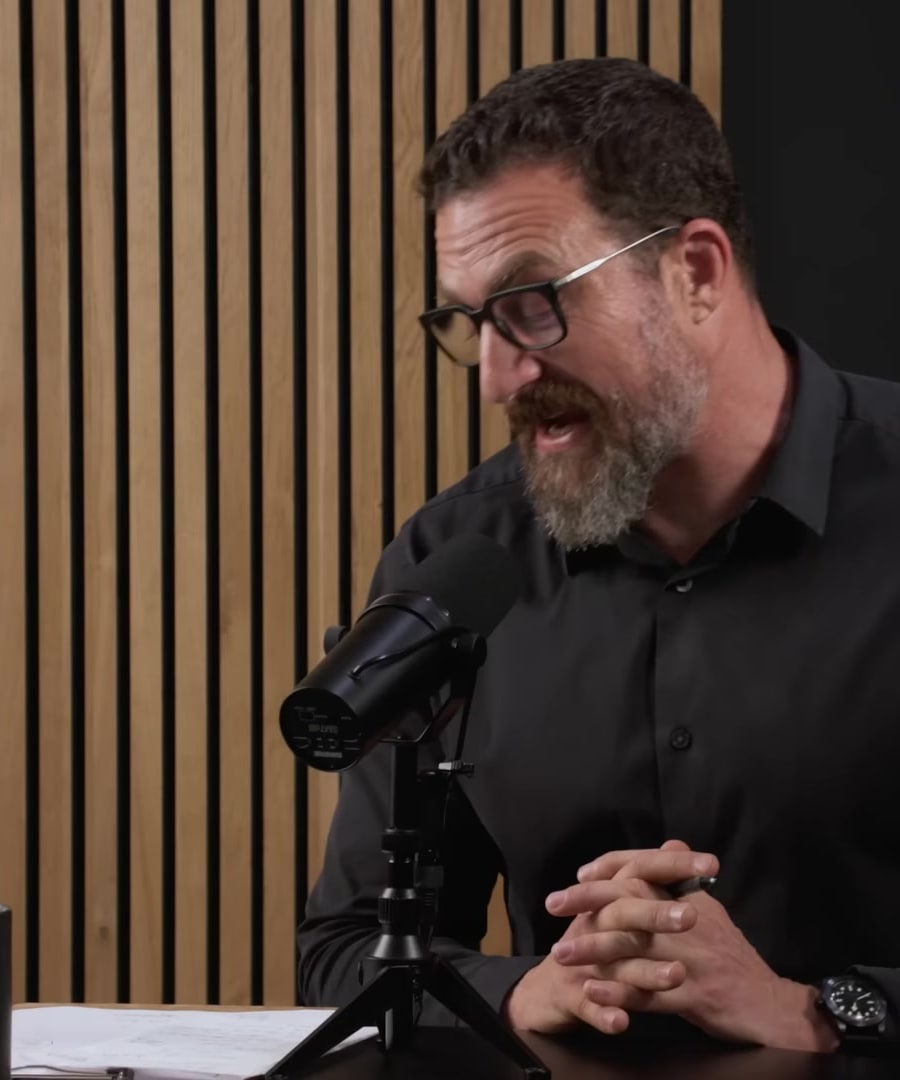How does social media impact isolation?
Sources:
Social media has been discussed to have both positive and negative impacts on feelings of isolation. Here are some key insights:
- Social media has transformed the nature of dialogue, leading to changed communication dynamics that can sometimes be hurtful due to the lack of face-to-face interaction and the decreased likelihood of empathetic exchanges 1.
- There is an observed phenomenon where intense use and reliance on social media platforms can actually diminish self-esteem in users, as they find themselves constantly comparing with others, leading to feelings of inadequacy and increased isolation 1.
- The so-called "social homeostasis," or the balance of social interactions, can be disturbed by the overuse of social media. The phenomena of loneliness and how individuals deal with it, seen through the metaphor of caloric intake and fasting, suggest that social media might either temporarily satiate the need for social interaction or exacerbate feelings of social hunger when the user disconnects 2.
- Experiments have highlighted that when people are socially isolated, they often start eating more or seek comfort food, which might be a subconscious effort to compensate for the lack of dopamine release that they would normally get from social interactions 3.
- Individuals might engage more with social media due to its design, which plays on the human desire to be noticed and validated; this desire triggers the activation of the brain's reward circuitry 4.
- Some discussion suggests that there may be a potential for a rebellion against the kind of isolation driven by technology, especially among the youth, who might eventually choose to opt for more direct human connections 5.
- Managing the volume of information and interaction on social media is advised to counteract the clouding of other, more productive mental processes, suggesting a conscious decision to moderate use can have personal and career benefits 6.
These clips highlight that while social media has the power to connect us, it can also contribute to feelings of isolation depending on how it's used and perceived by individuals. The concept of social homeostasis and the importance of genuine human interactions are emphasized as crucial for mental well-being.
RELATED QUESTIONS
How does social media impact isolation?
- RELATED QUESTIONS
